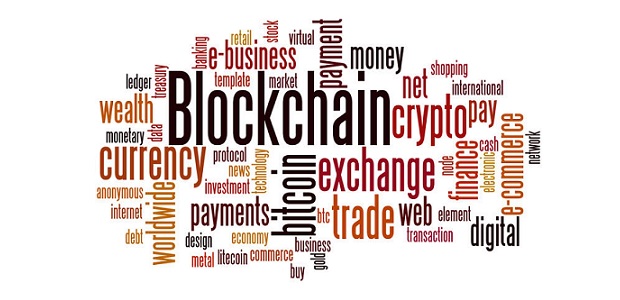
Blockchain consortium R3 and 22 of its member banks have collaborated on the development of a cross-border payments platform built using distributed ledger technology (DLT).
The platform will enable both existing Central Bank currencies and any digital currencies developed in the future to be transacted via the blockchain, says R3, and it expects a prototype to be launched before the end of 2017.
While many similar DLT projects have focused on specific use cases within the international payments market but this is the first time a shared infrastructure has been developed that addresses the full payments workflow, claims R3.
Developed on its Corda platform, the new product will facilitate instant international payments, says R3, offering an alternative to the current systems that are seen as slow and costly, compared to domestic payment systems.
The participating banks include Barclays, BBVA, CIBC, Commerzbank, DNB, HSBC, Intesa, KBC, KB Kookmin Bank, KEB Hana Bank, Natixis, Shinhan Bank, TD Bank, U.S. Bank and Woori Bank.
„This marks a significant milestone for distributed ledger technology as we work alongside our bank members to harness its unique attributes to build the world’s first true international payments system,” said R3 chief executive David Rutter. „This solution will be a game-changer for any bank or company whose business relies on making or receiving cross-order payments.”
„In our view, R3’s proposal is very promising, because it is built on the right approach, relies on Corda, and sets the project on a path which is relevant – notably by anticipating right out of the gate how the proposed architecture could be adapted when central bank digital currencies appear,” added Frederic Dalibard, head of Digital for Corporate & Investment Banking at French bank Natixis.
About R3
R3 is an enterprise software firm working with over 100 banks, financial institutions, regulators, trade associations, professional services firms and technology companies to develop Corda, a distributed ledger platform designed specifically for financial services.
Launched in September 2015, R3 was born out of a common frustration amongst banks and other financial institutions with multiple generations of disparate legacy financial technology platforms that struggle to interoperate, causing inefficiencies, risk and spiraling costs.
Recognizing the power of distributed ledger technology lies in its network effect, R3 works with the industry to build the largest collaborative group of its kind in financial markets.
Since then R3 has grown from a staff of eight finance and technology veterans with nine bank members to a global team of over 125 professionals serving over 100 global financial institutions and regulators on six continents. R3 work is further supported by over 2,000 technology, financial, and legal experts drawn from its global member base.
Corda is the outcome of over two years of intense research and development by R3 and its members and meets the highest standards of the banking industry, yet is applicable to any commercial scenario. With Corda, participants can transact without the need for central authorities, creating a world of frictionless commerce.
Banking 4.0 – „how was the experience for you”
„To be honest I think that Sinaia, your conference, is much better then Davos.”
Many more interesting quotes in the video below: